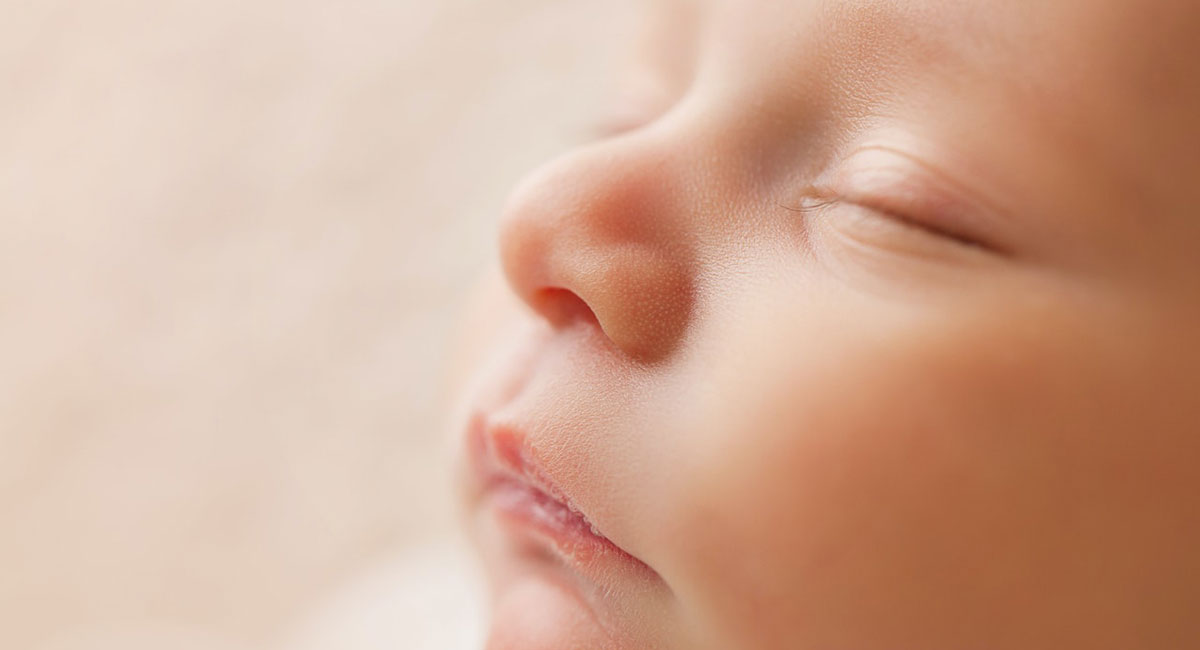Colic Specialist
What is Colic?
Nothing is more stressful for parents than when their newborn continuously cries and they can’t find a way to calm the baby and stop the crying. When this happens more than several days a week, your baby may have colic. Edmond Sarraf, MD, at Southern California Integrative Wellness Center has helped many parents find safe and natural treatments that soothe their babies and stop the colic. If you have questions about colic, or you’d like to schedule an appointment, call the office in Los Angeles.
Colic refers to excessive crying in infants under three months of age. Your baby has colic when they cry more than three hours per day for more than three days of the week. Colic tends to peak when babies are about six weeks old, then declines after 3-4 months.
This problem makes parents quite anxious because the crying starts suddenly, and their baby is inconsolable. Additionally, colic often starts in the evening, which is a time of day that makes ongoing crying more stressful.

What Causes Colic?
Although no one knows for sure what causes colic, the experts believe that one or more of these factors contribute to the problem:
Temperament and adjusting to their environment
Newborns must adjust to a severe change in the environment as they suddenly leave the womb and enter the real world. Each baby has its own temperament. Some are more easygoing and adjust to the change in lights, noises, and stimulation. Other babies are more sensitive to the changes and have a hard time adjusting, making them more likely to develop colic in response to this new stress.
Inability to self soothe
Some babies can calm themselves, but others can’t regulate their immature nervous system, making them susceptible to colic.
Gas
Gas produced by bacteria in the intestines or air that’s swallowed leads to pain, an enlarged abdomen, and colic.
Food allergies or intolerances
Milk and soy allergies often develop in babies. If you give your baby formula, they may have an allergy or intolerance to milk or soy, depending on which type of formula they’re drinking. While symptoms like diarrhea are obvious, allergies and intolerances can cause problems in the gastrointestinal tract that aren’t visible, such as gas and gut inflammation. The bottom line is that these problems lead to pain, fussiness, and colic.
Digestive issues
Since your baby’s digestive system isn’t fully developed, they’re susceptible to a variety of problems that cause pain and colic.
How is Colic Treated?
Dr. Ed examines your baby, talks with you about their behavior and environment, then evaluates your diet and the baby’s diet. If your baby is breastfed, one of the first treatments he may recommend is changing the mother’s diet to ensure that her breast milk doesn’t contain allergens or other substances that may bother her baby. As a specialist in homeopathy, Dr. Ed can also prescribe one of many possible homeopathic remedies that safely and effectively treat colic.
If your baby suffers from colic, call Southern California Integrative Wellness Center to schedule an appointment.

